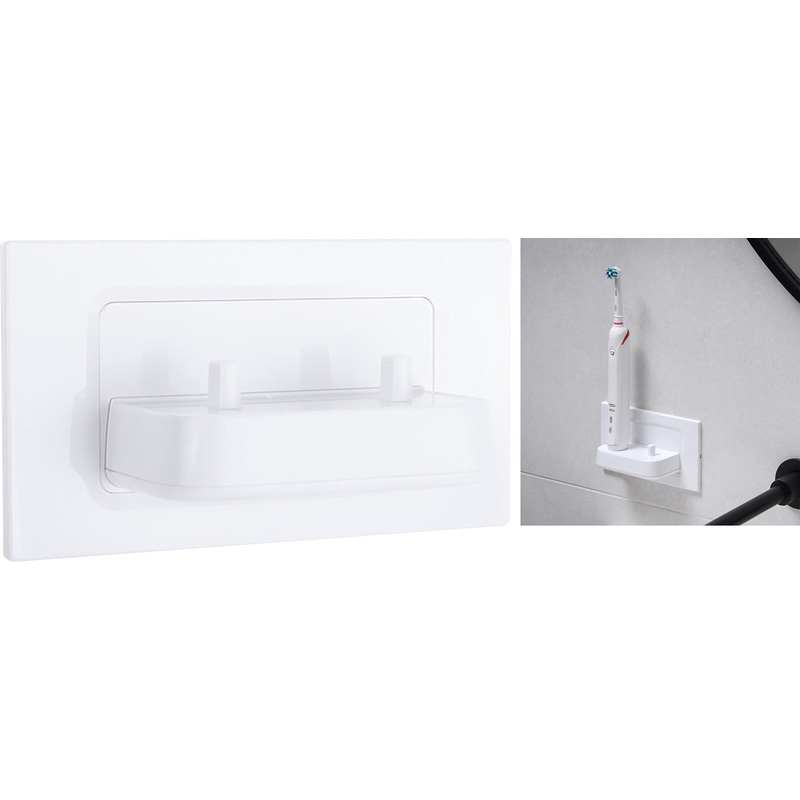naylorpd
-
- Reaction score
- 101
I'm about to do wiring for a small apartment in Azerbaijan. Mostly I will try to use UK standards - ring mains with ELCBs, everywhere earthed, T&E cable etc.
I have a question for the bathroom - how do you safely put an outlet to power an electric toothbrush charger, fairly close to the hand basin? Do I need to use a shaver socket? If I recall, shaving sockets have isolating transformers inside?
There will also be a washing machine in the bathroom, also on an ELCB radial circuit (one socket) - could I extend from that, maybe fuse it down? Maybe hardwire the charger inside a fused outlet rather than a socket?
Thanks
I have a question for the bathroom - how do you safely put an outlet to power an electric toothbrush charger, fairly close to the hand basin? Do I need to use a shaver socket? If I recall, shaving sockets have isolating transformers inside?
There will also be a washing machine in the bathroom, also on an ELCB radial circuit (one socket) - could I extend from that, maybe fuse it down? Maybe hardwire the charger inside a fused outlet rather than a socket?
Thanks











